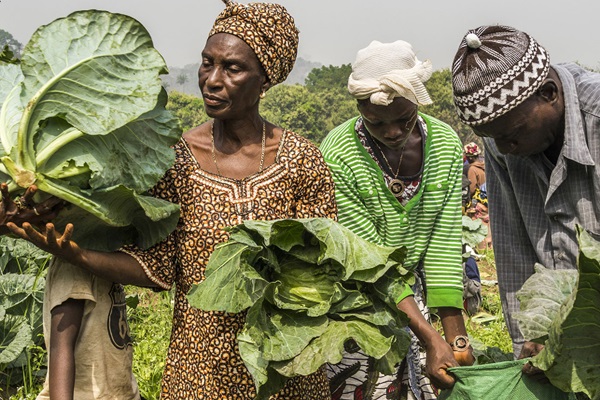The 2024 report from the Food and Agriculture Organization (FAO) reveals the staggering hidden costs within global agrifood systems, estimated at $12 trillion annually. A significant portion—70%—is attributed to the impacts of unhealthy diets, with far-reaching consequences for public health and environmental sustainability.
Dietary Risks and Public Health Implications
The report identifies 13 dietary risk factors linked to non-communicable diseases (NCDs). Key issues include insufficient intake of whole grains, fruits, and vegetables, combined with excessive consumption of sodium and processed meats. These dietary risks vary across agrifood systems, reflecting diverse cultural and economic contexts.
Classifying Agrifood Systems: A Typology
FAO classifies agrifood systems into six categories: protracted crisis, traditional, expanding, diversifying, formalizing, and industrial. Each type faces unique hidden costs and challenges. For example:
- Protracted crisis systems grapple with acute food insecurity.
- Industrial systems are characterized by high processed meat consumption and associated health risks.
Environmental Consequences
Unsustainable agricultural practices are a major driver of environmental costs, including greenhouse gas emissions, nitrogen runoff, and water pollution. Diversifying agrifood systems face the highest costs, estimated at $720 billion annually, while protracted crisis systems bear disproportionate environmental burdens relative to their GDP.
Addressing Social Costs and Inequities
Social costs are particularly pronounced in traditional systems and those in protracted crises, accounting for 8% and 18% of GDP, respectively. Addressing poverty and undernourishment in these regions is vital for improving livelihoods and reducing inequalities.
Insights from Global Case Studies
The report highlights case studies from countries such as Australia, Brazil, and India, demonstrating the importance of tailoring solutions to local contexts. These examples underscore the need for strategies that align with the unique challenges and priorities of different regions.
A Call for Systemic Transformation
The FAO calls for a paradigm shift toward value-driven agrifood systems. This transformation requires moving beyond traditional economic metrics to adopt true cost accounting, enabling decision-makers to address hidden costs and maximize societal benefits.
Recommendations for Sustainable Practices
The report outlines actionable steps, including:
- Financial incentives for sustainable farming practices.
- Policies promoting healthy diets.
- Enhanced consumer awareness through better information.
Strengthening governance and civil society is crucial for creating equitable and sustainable agrifood systems.
The State of Food and Agriculture (SOFA) 2024 report underscores the urgency for transformation, marking the first consecutive focus on the same theme. It calls for immediate, collective action to address the pressing challenges within global agrifood systems.




